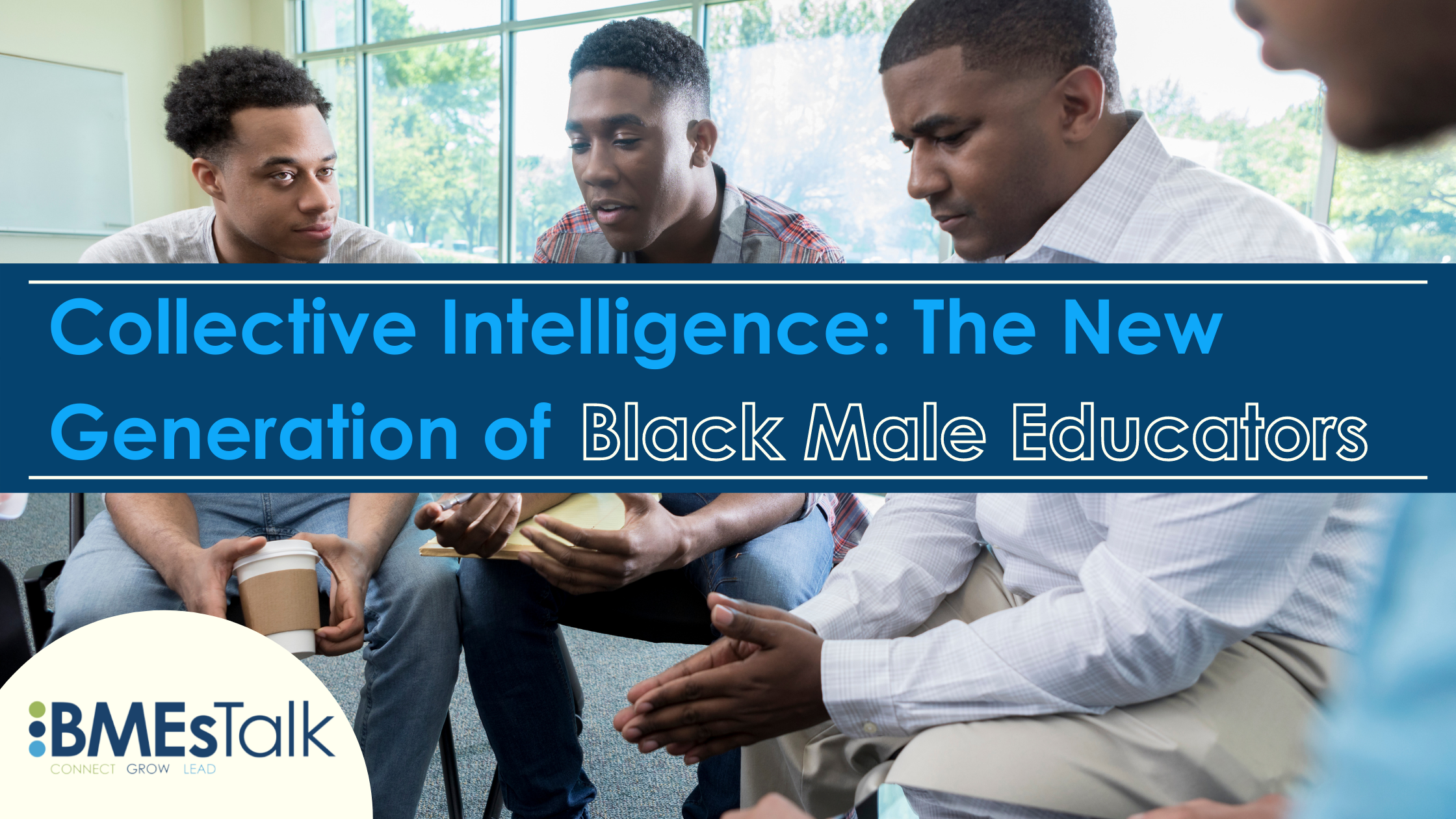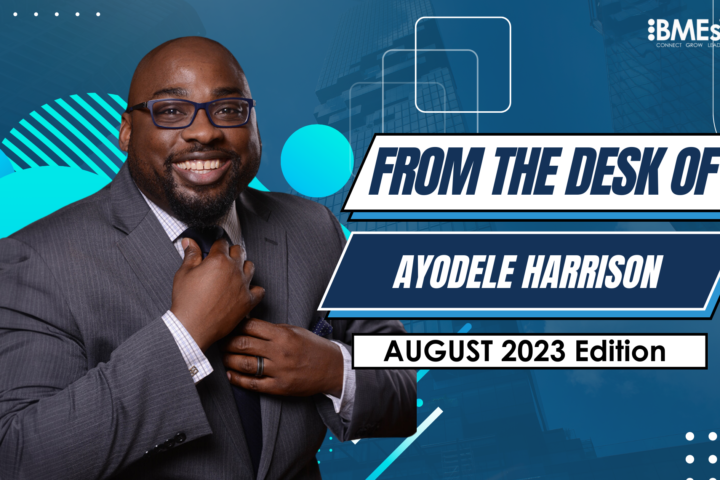Diversity and inclusion at the front of the classroom provide a socially and emotionally robust experience throughout every student’s education. And yet, the number of BIPOC educators has been abysmal for decades.
Even with students of color accounting for over 50% of the average classroom, The National Center for Education Statistics (NCES) reports that less than 2% of the total teacher population is made up of Black male educators.[1][2]
And those that have been dedicated to teaching our children are leaving the workforce en masse due to workplace isolation, hindered career advancement, and hostile work environments.
What does the new generation of Black male educators need in order to succeed, both for them and for the students that look up to them?
Academic Affinity
Affinity speaks to relationship and connection. Because BMEs make up only 2% of the workforce, the chances that they’re the only ones on campus, or even in the district, is extremely high. As this can be isolating and lonely, BMEs need connection and community within their profession.
Leadership Investment
BMEs are frequently stuck navigating adverse and discouraging work environments and are not afforded the same investment from leadership for training and mentorship.
This affects the next generation’s desire to join the field. With so few BMEs in the teaching community, too few young Black men grow up viewing education as a valid or desirable career. The problem of BIPOC teacher diversity in schools will continue to compound upon itself until leaders start investing in their Black male educators.
BMEs need leadership to help them stay motivated, leaders who will challenge the tendency for school administration to assign them additional roles as the “token” Black teacher. And leaders who value the intrinsic benefit a BIPOC educator brings to the table for all students, not just the Black students.
Self-Care
The next generation of Black male educators must take pains to establish a regular self-care routine — a space away from the pressures and expectations that are placed on BMEs in schools everywhere.
These practices are not only critical to the sustainability of a BME’s career but can make a positive difference in students’ lives and how they show up every day. A teacher’s own self-care, or lack thereof, directly impacts the health of their classroom.
Equitable Career Paths
The next generation of Black male educators needs the support of their leaders and their community to pursue skill development. This means the additional roles and responsibilities frequently pushed onto BMEs should stop.
The opportunity to explore all the options and pursue the pathways that will advance their careers is crucial to keeping BMEs in the workforce.
Our Kids and Our Schools Need the Next Generation of Black Male Educators
Changing the 2% into 10% and 20% starts with BMEs themselves. To show up and to stay the course. Our organization was founded to advance racial equity in the educational workplace and support BMEs throughout their career. Click here [[LINK]] to reach out, and let’s connect and grow together.
Sources:
[1]https://www.census.gov/content/dam/Census/library/publications/2015/demo/p25-1143.pdf
[2]https://www.census.gov/content/dam/Census/library/publications/2015/demo/p25-1143.pdf


